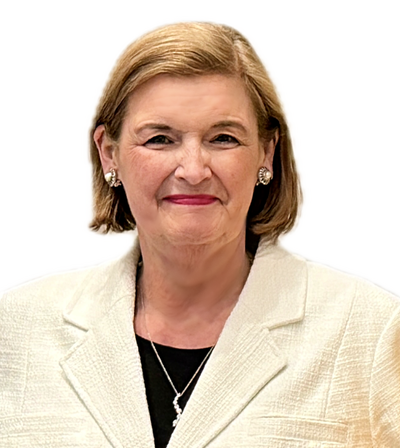Unify Provides Details on Channel Re-FocusUnify Provides Details on Channel Re-Focus
Partners want predictability in profit and differentiation. With a broad Unify portfolio, partners also want the ability to focus on parts of the program without having to be fully accredited on everything.
October 7, 2014

Partners want predictability in profit and differentiation. With a broad Unify portfolio, partners also want the ability to focus on parts of the program without having to be fully accredited on everything.
The past 12 months have brought a series of executive departures and arrivals at Unify (I still feel compelled to add, the former Siemens Enterprise Communications). The additions can be summarized as the hiring of a new CEO with a strong background in channel leadership--Dean Douglas, formerly of Westcon Group--followed by a series of appointments by Douglas of colleagues with a similar background. By April 2014 at an International Partner Conference, the new team was ready to announce that it would broaden its go-to-market strategy "with focus on a channel-centric model." The phrase, "channel-first sales approach" was used in the accompanying press release, and a partner recruitment drive was kicked off.
Six months later, Unify is providing additional detail on changes that have been made as a result of the strategy shift. In an interview this week, Jon Pritchard, EVP of Worldwide Channels at Unify, discussed the newly-named Unify Partner Program (replacing the Siemens, then Unify, "Go Forward" program).
Pritchard says he and the team began by talking to existing distributor partners to find out what they want, as well as what they liked and didn't like about the existing program. What they heard was that partners want predictability in profit and differentiation. With a broad Unify portfolio, partners also want the ability to focus on parts of the program without having to be fully accredited on everything. The Unify Partner Program now consists of three areas of specialization:
• OpenScape Business: an all-in-one Unified Communication solution for small and medium-sized businesses.
• OpenScape Voice: the purely softswitch solution for enterprises.
• OpenScape 4000: Described as a hybrid solution for enterprises.
Within specializations, partners can achieve different levels: Authorized, Professional, and Master. A partner's accreditation level is based primarily upon the number and level of certifications obtained by their individual employees.
Entry into the Authorized level is described as "easy," via online training and testing. The levels recognize the effort partners put into achieving a higher level of specialization, and are matched with additional benefits (e.g., higher discount levels). There is also what Pritchard described as a "breadth" discount, where selling multiple product lines results in higher discount levels, (e.g., OpenScape Voice and 4000).
The areas of specialization address the need for focus. Deal registration, and a level of protection that it will offer to partners, is planned as a way to address revenue predictability. In the past, a situation that could arise was an "opportunistic" bid from a partner who wasn't really committed or trained in Unify's product line but was undercutting the original partner. In the past a partner could also not be sure that Unify itself would not start competing in a deal directly with the partner. To address this issue programmatically, Unify has clearly defined three different approaches to country markets:
• Unify sales-lead countries actively supported by partners: There are just four countries in this category: Germany, Austria, the US and United Kingdom. Here Unify will retain a direct presence while at the same time ramping up its channel presence.
• Partner-led countries supported by Unify high-touch sales: There are eight countries in this category, six in Europe and two in Latin America. Pritchard said that the plan with these counties is to completely stop selling direct within a year. They will be more high-touch in the first year mainly as a transition for customers used to having direct support. Fulfillment in these countries will be through channel partners; the direct sales force won't book business directly.
• Distribution-Led: Countries managed solely through distribution.
Reviewing the press release, one sees no mention of words like Cloud, Ansible or my personal favorite, contact center. Pritchard explained that these will come, over time, as additional specializations. With Ansible availability scheduled for the end of October, it's a little surprising not to see it addressed sooner rather than later.
Follow Sheila McGee-Smith on Twitter and Google+!![]() @McGeeSmith
@McGeeSmith Sheila McGee-Smith on Google+
Sheila McGee-Smith on Google+





